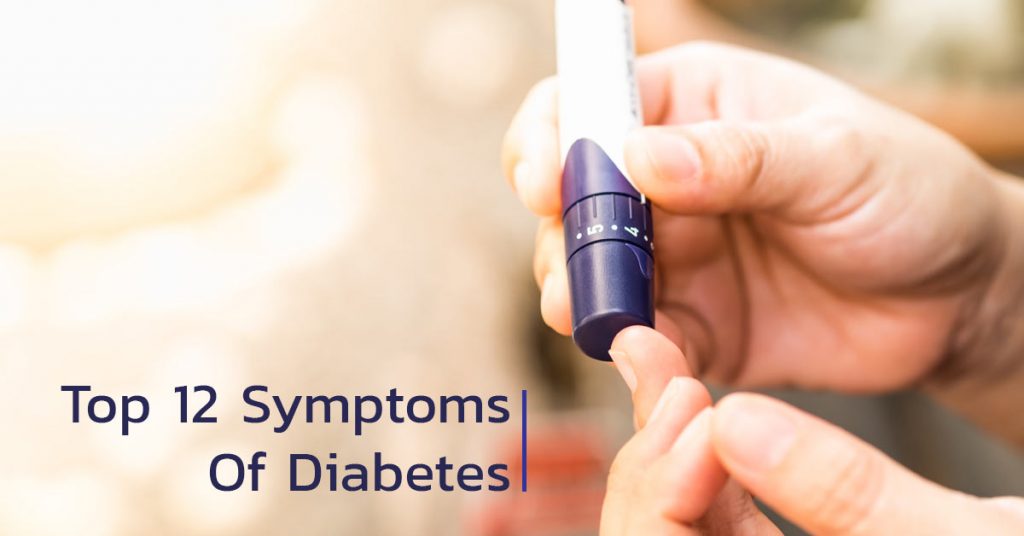
Diabetes can affect many parts of your body in a variety of ways.
These early warning signs can be so minimal that you may not recognize them at first.
There are two different types of diabetes – type 1 and type 2. Even though there are two different types, they both have the same classic signs that doctors see every day.
Today we will look at 12 of the top symptoms of diabetes.
Let’s go ahead and take a look.
Urinating Often

You will notice right away that it feels like you have been drinking water all day.
This is because, with diabetes mellitus (a.k.a. diabetes), high amounts of glucose build up in your kidneys and cause you to urinate more frequently.
There is another form of diabetes called diabetes insipidus, which also increases urination because your body isn’t producing enough of the antidiuretic hormone.
When you go to the doctor, they will measure your glucose levels to determine which type you have, and then they can treat it from that point.
Feeling Very Thirsty
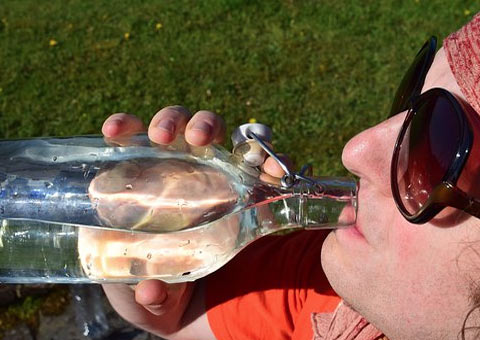
It’s normal for you to drink water after every bite of a spicy meal, but it’s not normal if you are continuing to feel thirsty for no apparent reason.
Even after exercising there is a certain point that your body has replenished its thirst.
The main reason you are feeling so thirsty could be caused by the fact that you aren’t able to regulate your fluids properly due to high blood glucose levels.
Therefore this causes an imbalance and causes you to urinate more frequently.
Irritable Behavior

Are you feeling more irritable than normal? Believe it or not, this could be a sign of diabetes due to low blood sugar levels.
Stress, anxiety and mood swings can all be caused by simply not feeling like yourself due to the onset of diabetes.
Yeast Infections

In 2013 a study revealed that there is a link between diabetes and a higher incident of yeast infections in women.
Most likely the reason for this is that yeast feeds off of sugar.
If your blood sugar isn’t controlled properly, it can cause spikes in your glucose levels, which will cause an increase in the chances of getting a yeast infection.
Weight Gain
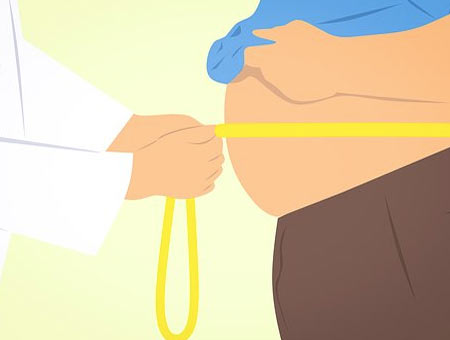
Gaining weight has to do more with type 2 diabetes which deals with insulin resistance.
Insulin resistance happens when the cells in your muscles, fat, and liver don’t absorb glucose from your blood.
Because of this, your pancreas tries to compensate by making more insulin to help glucose enter those cells.
If the pancreas can make up enough insulin, it will be ok. But if it can’t, it can lead to prediabetes.
This is why you are always feeling hungry, because hunger is triggered by the insulin levels in your body.
If not checked, it could turn into type 2 diabetes.
Dry Mouth

Dry Mouth can occur in both type 1 and type 2 patients.
The symptoms of dry mouth occur for the same reasons that excessive thirst occurs.
Having a high glucose level increases the urge to urinate.
Urinating more frequently leads you to lose more fluids in your body, which ultimately can leave you feeling dehydrated.
Because of this dehydration, you will have a dry mouth.
It’s a continuously vicious cycle that drinking more water cannot cure.
Feeling Extremely Tired

Feeling tired and fatigued is one of the most common symptoms of diabetes.
Fatigue happens because your body is unable to use blood sugar correctly for the day-to-day functions it needs to stay active and healthy.
Fatigue can be caused by several factors including high glucose levels, insulin resistance, hypoglycemia, mental stress, and sleep apnea.
Some people get dehydrated when they have high glucose levels, which causes these people to get fatigued.
Blurred Vision
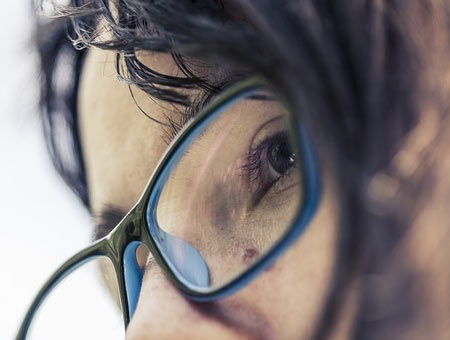
Blurry vision can be one of the first things that happen as diabetes develops.
It is caused by an increase in glucose levels, which can cause the fluid in the eyes to shift into the lens of the eye.
It basically causes the eye to swell which changes your eye in the way that it sees things.
Diabetic retinopathy is what they call blurry vision caused by diabetes.
You can damage your blood vessels in the retina as a result of the increased glucose levels in your system.
You can eventually lose your sight completely if it left untreated.
Believe it or not, it is one of the most common causes of blindness in the United States according to the National Eye Institute.
Slow Healing Scrapes And Bruises

Another type of symptom is slow healing of cuts, bruises, and scrapes.
Basically what causes the healing to be slower is that, over time, diabetes affects the nerves and can lead to poor circulation.
Poor circulation can cause wounds to stay open for longer than normal, which can increase the chances of infection.
This is another reason it’s vital to get diabetes under control quickly.
Rapid Weight Loss

Weight loss is usually due to type 2 diabetes.
Your cells are not getting enough blood sugar which ultimately can cause you to lose weight.
Your body is consequently thinking its starving because you aren’t getting enough glucose to your cells.
In return, your body starts trying to find fuel from other sources, such as your muscles, which is why it seems you are losing weight for no reason.
Pain, Tingling, Numbness In The Feet and Hands
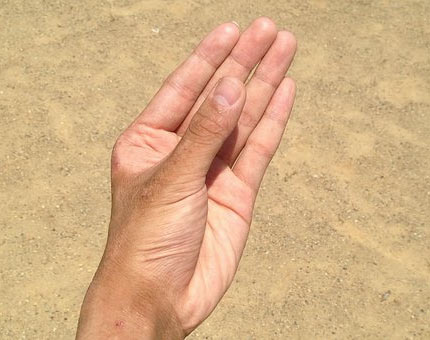
Having numbness in the extremities is caused by having exposure over a long period to high blood sugar which ultimately leads to nerve damage.
It is referred to as diabetic neuropathy.
Most often, diabetic neuropathy affects the feet, but will also occur in the hands as well.
Signs of diabetic neuropathy include changes in the temperature of the extremities, sharp pains and cramps, loss of reflexes, loss of balance, increased sensitivity, and burning sensations in the feet and hands.
Various Skin Conditions

Diabetes comes with a variety of different warning signs, as you’ve read above, but one of the big ones is you might start to notice changes in your skin.
An increase in glucose levels usually causes these changes.
Here are some of the conditions you may notice:
- Yellow, red or brown patches on your skin
- Darker areas of the skin that feel velvety
- Hard, thickened skin
- Blisters
- Skin Infections
- Open sores and wounds
- Shin spots
- An outbreak of small, yellowish bumps
- Red or skin-colored raised bumps
- Dry and itchy skin
- Skin tags
Make sure for any of these conditions you go to see a dermatologist.
They can determine whether it needs to be further looked at by a physician or not.
Conclusion
If you leave diabetes untreated, it can affect numerous organs in the body and can lead to a variety of serious conditions such as kidney damage, blindness, and eye damage, to name a few.
It can also lead to an increase in heart conditions such as stroke and heart attack.
If you feel you are experiencing any of these symptoms, you should immediately consult with your doctor.
Leaving symptoms like these unchecked could lead to much worse complications down the road.

Diana Paul is a certified nutritionist who writes for leading health blogs. She is a master herbalist, yoga teacher, forager, and wild-crafting writer She is focused on helping people transform life blocks to opportunities. Based in NYC, she often holds health seminars and lectures.
